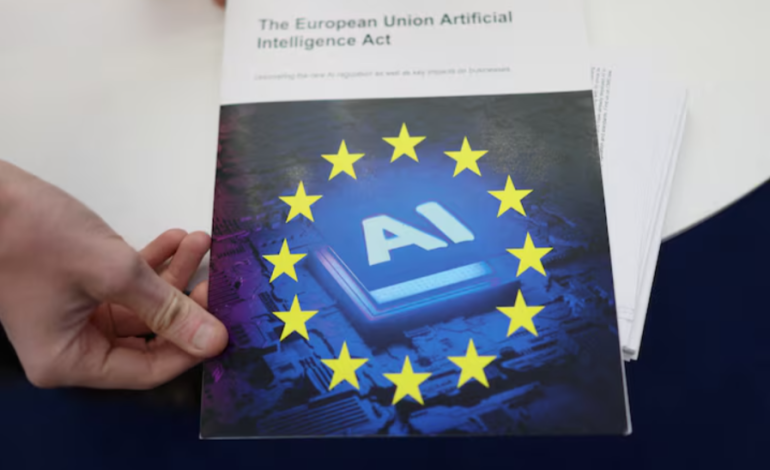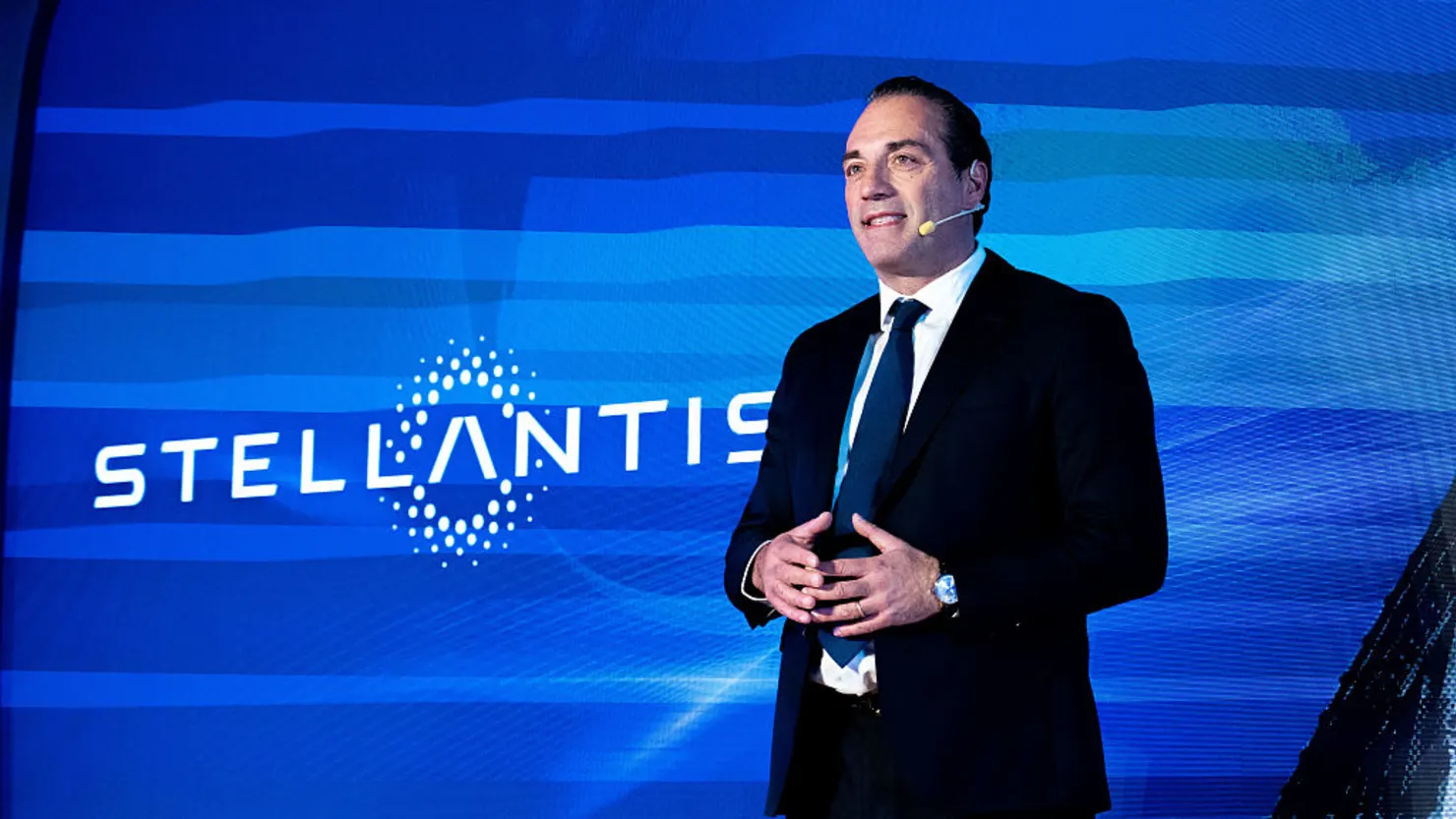EU Confirms Timeline for AI Regulation Despite Industry Calls for Delay

The European Union will move forward with its planned timeline for implementing the AI Act, despite growing pressure from major tech companies and some member states to delay the rules, Reuters reports.
The European Commission reaffirmed on Friday that the landmark legislation will be enforced according to the schedule outlined in the law.
“I’ve seen, indeed, a lot of reporting, a lot of letters and a lot of things being said on the AI Act. Let me be as clear as possible, there is no stop the clock. There is no grace period. There is no pause,” said Commission spokesperson Thomas Regnier during a press conference.
The AI Act, considered one of the world’s first comprehensive frameworks for regulating artificial intelligence, began taking effect in February 2025. Under the legislation, obligations for general-purpose AI models are set to begin in August 2025, followed by additional requirements for high-risk AI systems in August 2026.
In recent days, tech giants such as Alphabet (Google’s parent company), Meta (formerly Facebook), and European firms including AI startup Mistral and chipmaker ASML, have called for a delay in the timeline. These companies cite concerns over the cost of compliance and the potential impact on innovation, arguing that more time is needed to adapt to the law’s requirements.
Despite these concerns, the Commission stood firm, emphasizing that the AI Act is a legally binding text with deadlines that must be respected.
The AI Act aims to establish clear rules for the development and use of artificial intelligence in the EU, with a focus on safety, transparency, and accountability. It introduces a risk-based approach, with stricter requirements for applications deemed high-risk, such as those used in healthcare, law enforcement, and critical infrastructure.
While acknowledging the concerns of some businesses, the Commission indicated it would consider adjustments to ease compliance for smaller companies. A proposal expected later this year may include measures to reduce administrative burdens, such as limiting reporting obligations for small enterprises.
The EU’s decision to stay the course reflects its broader goal of positioning itself as a global leader in responsible AI governance, in contrast to the more hands-off approaches seen in the United States and China. As the technology rapidly evolves and expands into new sectors, EU regulators appear committed to maintaining their regulatory momentum.









The latest news in your social feeds
Subscribe to our social media platforms to stay tuned